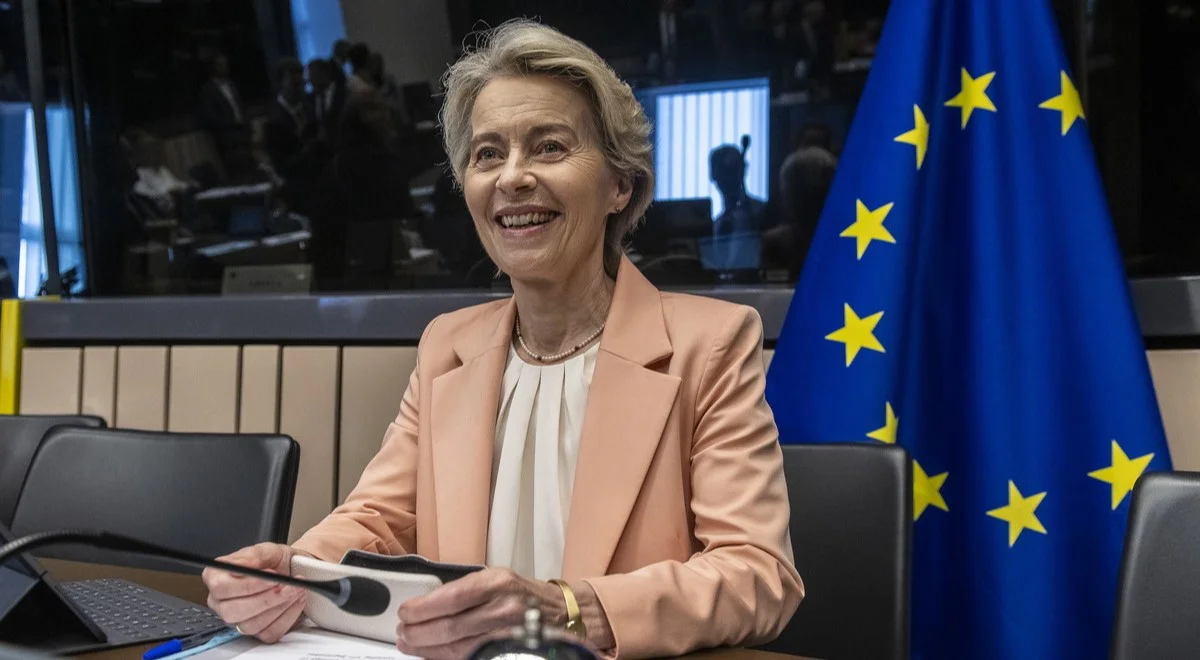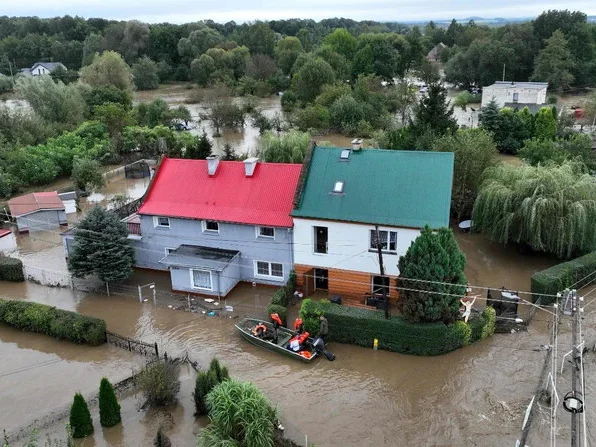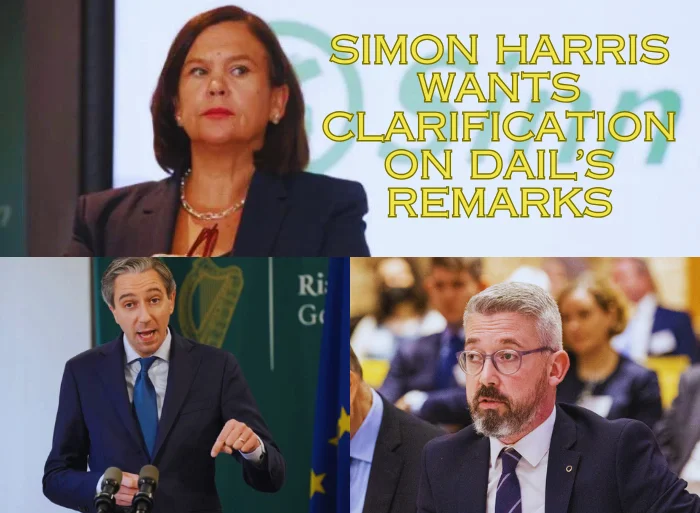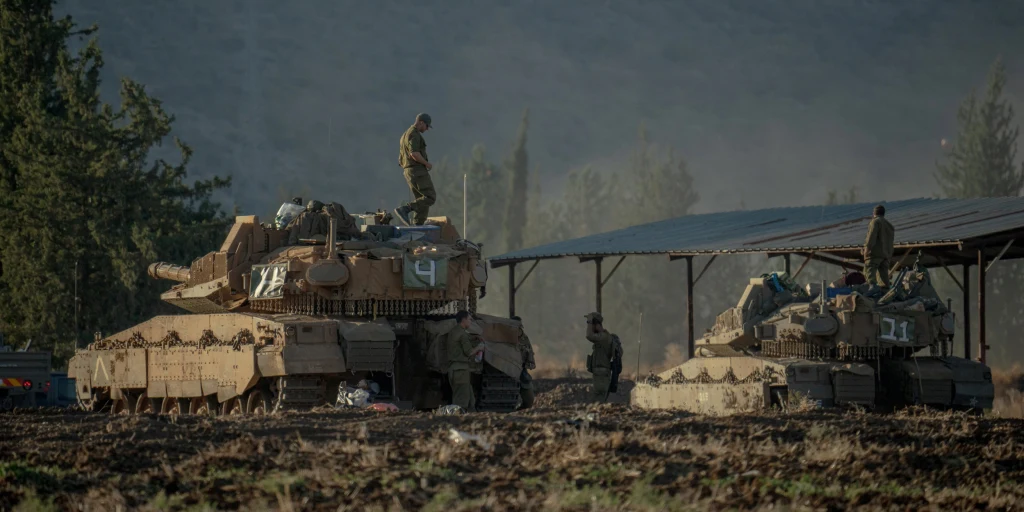European Union Chief to Meet with Leaders of Nations Hit Hard by Floods

European Union Commission President Ursula von der Leyen is scheduled to meet with leaders from several flood-stricken nations in the Polish city of Wrocław, a gathering that underscores the gravity of the natural disaster sweeping through central Europe.
This meeting, announced by the Polish government, comes at a time when high winds and unusually heavy rainfall have ravaged Austria, the Czech Republic, Hungary, Poland, Romania, and Slovakia, leaving a trail of destruction in its wake.
The toll of this disaster is staggering, with at least 24 lives lost so far. The Czech Republic has reported five fatalities, Romania seven, Poland seven, and Austria five, while the region continues to grapple with the aftermath.
Also Read: Asylum Seekers in Ireland Could Face Weekly Charges Up to €238—What You Need to Know
As the floods persist, concerns about further casualties and infrastructure damage grow, making this an urgent crisis that demands immediate attention from the highest levels of leadership.
European Union President von der Leyen is set to arrive in Wrocław on September 19, as confirmed by the Polish government’s press office. This visit holds symbolic and practical importance as von der Leyen seeks to assess the situation firsthand.
Accompanying her will be Austrian Chancellor Karl Nehammer, Czech Prime Minister Petr Fiala, Polish Prime Minister Donald Tusk, and Slovak Prime Minister Robert Fico.
The involvement of European Union in the relief efforts demonstrates a unified front in the face of this unprecedented challenge, and the visit is seen as a critical step toward mobilising resources and coordination across the affected countries.
According to Brussels, the visit is at the invitation of Polish Prime Minister Donald Tusk, signalling Poland’s central role in responding to the crisis.
Also Read: What Will Ireland Do With Apple’s Tax Money?
Arianna Podesta, deputy chief spokesperson for the European Union Commission, said that von der Leyen’s visit aims to evaluate the measures being taken in Wrocław, which has been heavily impacted by the floods.
Alongside the national leaders, European Union President will engage in discussions about how authorities are addressing the situation and what further actions are required to mitigate the damage.
The economic consequences of the floods are already becoming apparent. Poland’s Finance Minister, Andrzej Domański, revealed during a crisis meeting in Wrocław that the government had allocated 2 billion zlotys (€467 million) to address the immediate effects of the flooding.
However, concerns over rising prices in the flood-hit regions are causing alarm, prompting Prime Minister Tusk to suggest the possibility of price controls to prevent exploitation in the wake of the disaster.

Additionally, the Polish government has pledged to assist homeowners whose properties have been flooded by paying their mortgage instalments for a year, offering some relief to those whose lives have been upended.
The economic fallout is not limited to Poland. Czech Finance Minister Zbyněk Stanjura has proposed an amendment to the national budget to allocate funds for flood relief, although the total damage remains unknown.
Initial estimates suggest that the cost could exceed €3.5 billion, an indication of the severity of the situation. Mayors from Czech towns along the Opava River have called for the postponement of upcoming elections due to a lack of power and flooding of polling stations, but the government has decided to proceed with makeshift voting arrangements.
Meanwhile, in Wrocław, residents are anxiously watching the rising floodwaters. The city is bracing for the flood’s peak, and initial reports suggest that the city’s defences are holding up.
Despite the cautious optimism, Prime Minister Tusk urged patience and vigilance, stating that it is too early to declare victory over the flood. He highlighted the need for continuous monitoring and coordination with local authorities to ensure that the situation remains under control.
Local residents have been sharing their experiences of the floods, with some expressing relief that the city has not been hit as hard as feared.
Agnieszka Popow-Wozniak, a 44-year-old infertility clinic employee, noted that while recreational areas such as beaches were flooded, the city centre had been spared so far. Her remarks reflect a broader sense of cautious optimism that, despite the devastation, the worst may be over for Wrocław.
The Polish army has mobilised 16,000 soldiers to aid in the flood relief efforts, working alongside police and thousands of volunteers. The sheer scale of the operation highlights the enormity of the disaster, with mud, debris, and floodwaters disrupting daily life and causing billions of dollars in damages across the region.
Also Read: CSO Shows 9.6 Per cent Price Hike In Residential Property In July
Hungary is also feeling the effects, as towns along the Danube River prepare for the water levels to peak.
Prime Minister Viktor Orban assured the public that Budapest is well-prepared, with the water levels expected to be lower than the record highs seen in 2013. In a statement, he expressed confidence that Hungary would successfully defend against the flood, signalling the resolve of the country to confront the crisis head-on.
In the midst of the disaster response, Prime Minister Tusk has also warned against the spread of misinformation, citing reports of a man dressed as a soldier who falsely claimed that flood defences would be blown up. This has prompted a search by Polish authorities to track down the individual and prevent further panic.
As central Europe battles this devastating natural disaster, the upcoming talks between European Union President Von Der Leyen and the national leaders in Wrocław will be crucial in shaping the recovery efforts and ensuring that affected countries receive the necessary support.
The challenges ahead are vast, but this meeting of leaders offers hope for coordinated action in the face of one of the region’s most severe floods in recent history.
LATEST NEWS
DISCOVER MORE





